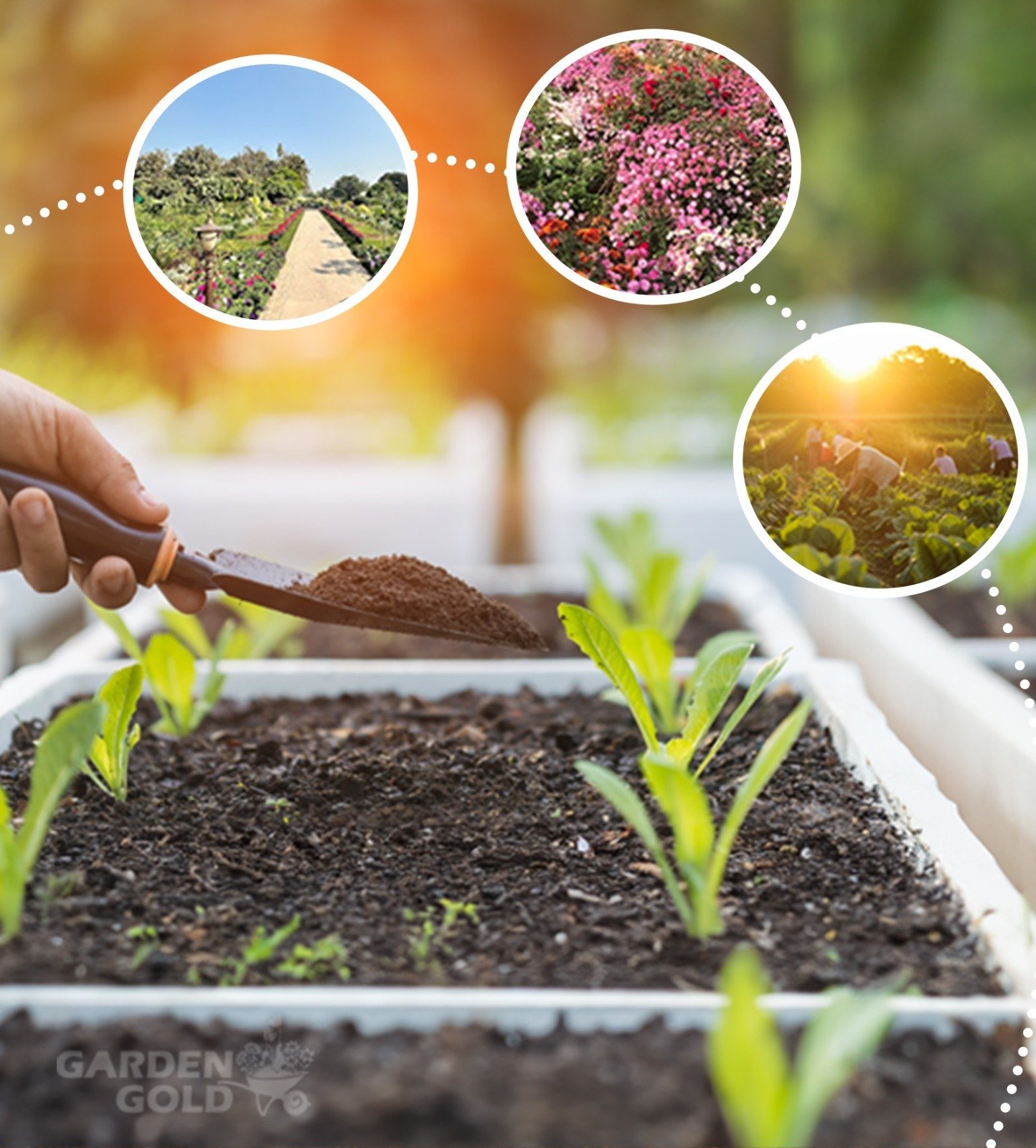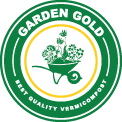
What is Vermicompost?
Vermicompost is an organic fertilizer produced by the breakdown of organic matter through the digestive system of earthworms. These worms consume decomposing plant and food waste, and the nutrient-rich castings they excrete are a natural fertilizer. Vermicompost contains vital nutrients such as nitrogen, phosphorus, and potassium and is teeming with beneficial microbes, making it an excellent soil conditioner. Unlike synthetic fertilizers, it improves soil structure and promotes sustainable gardening practices.
Advantages of Vermicompost
Vermicompost offers several advantages:
- Nutrient-rich: It enhances the soil’s nutrient content with essential minerals like nitrogen, potassium, and magnesium.
- Improves soil structure: Vermicompost loosens compact soil, allowing better root growth and aeration.
- Water retention: It enhances soil’s water-holding capacity, reducing the need for frequent watering.
- Sustainability: As an organic material, vermicompost contributes to waste reduction and eco-friendly farming.
- Supports beneficial organisms: Vermicompost boosts the presence of earthworms, fungi, and bacteria that further improve soil health.
How to Use Vermicompost
Vermicompost can be applied in various ways depending on your gardening or farming needs:
- Top Dressing: Sprinkle vermicompost around the base of plants and lightly rake it into the soil. This method is excellent for lawns, gardens, and even potted plants.
- Soil Amendment: Mix vermicompost directly into the soil before planting. This will help create a nutrient-rich environment for seeds and young plants to thrive.
- Compost Tea: You can create a liquid fertilizer by soaking vermicompost in water. This “compost tea” can be used to water plants and offers a quick nutrient boost.
Uses of Vermicompost in Agriculture
For farmers, the uses of vermicompost are immense. When applied to agricultural fields, Vermicompost can restore depleted soils, increasing crop yields. It also enhances root growth, making plants more resilient to drought and disease. Farmers using vermicompost report improvements in soil fertility and plant productivity, all while reducing the need for chemical fertilizers. Boosting organic matter in the soil contributes to better water retention, reducing irrigation frequency.
Uses of Vermicompost in Gardens
Gardeners can significantly benefit from incorporating vermicompost into their flower beds and vegetable patches. Whether used as a top dressing or mixed into the soil, vermicompost enriches the garden environment, providing plants with slow-release nutrients and encouraging vibrant growth. Flowers bloom more profusely, and vegetables develop better flavours and sizes. Plus, the improved soil texture helps plants establish stronger root systems.
Uses of Vermicompost in Plant Nurseries
For nursery caretakers, vermicompost is an ideal growing medium. Seedlings and saplings raised in vermicompost-enriched soils tend to be healthier, grow faster, and have a greater survival rate after transplantation. The steady release of nutrients supports uniform growth, and the increased microbial activity boosts plant immunity, making them less susceptible to pests and diseases.
FAQ
How is vermicompost different from regular compost?
Vermicompost differs from regular compost because it involves the digestive action of earthworms, which produce nutrient-rich castings. While regular compost decomposes organic matter through microbial processes, vermicompost has more beneficial microbes and its nutrient profile is generally higher.
Can anyone use vermicompost?
Yes, vermicompost is user-friendly and suitable for a variety of applications. It’s a safe and effective option for gardeners, farmers, and nursery caretakers. Even novice gardeners can apply it without the risk of harming plants, as it doesn’t burn plant roots like some chemical fertilizers can.
What are the properties of vermicompost?
Vermicompost is high in essential nutrients like nitrogen, potassium, and phosphorus. It’s also rich in beneficial microorganisms that improve soil health. The organic matter in vermicompost improves soil aeration and moisture retention, making it highly valuable for plant growth.
Is vermicompost suitable for potted plants?
Yes, vermicompost is excellent for potted plants. It provides essential nutrients and improves the potting mix’s structure, promoting better drainage and aeration. A small amount mixed into potting soil or used as a top dressing will boost plant health and growth.
In conclusion, vermicompost’s uses span various domains—home gardens and plant nurseries to large-scale farms. Its ability to enrich soil naturally, improve plant growth, and offer long-term soil fertility makes it an invaluable resource for cultivating healthier, more productive plants. Using vermicompost, gardeners, farmers, and nursery caretakers can adopt a more sustainable and practical approach to soil management.
